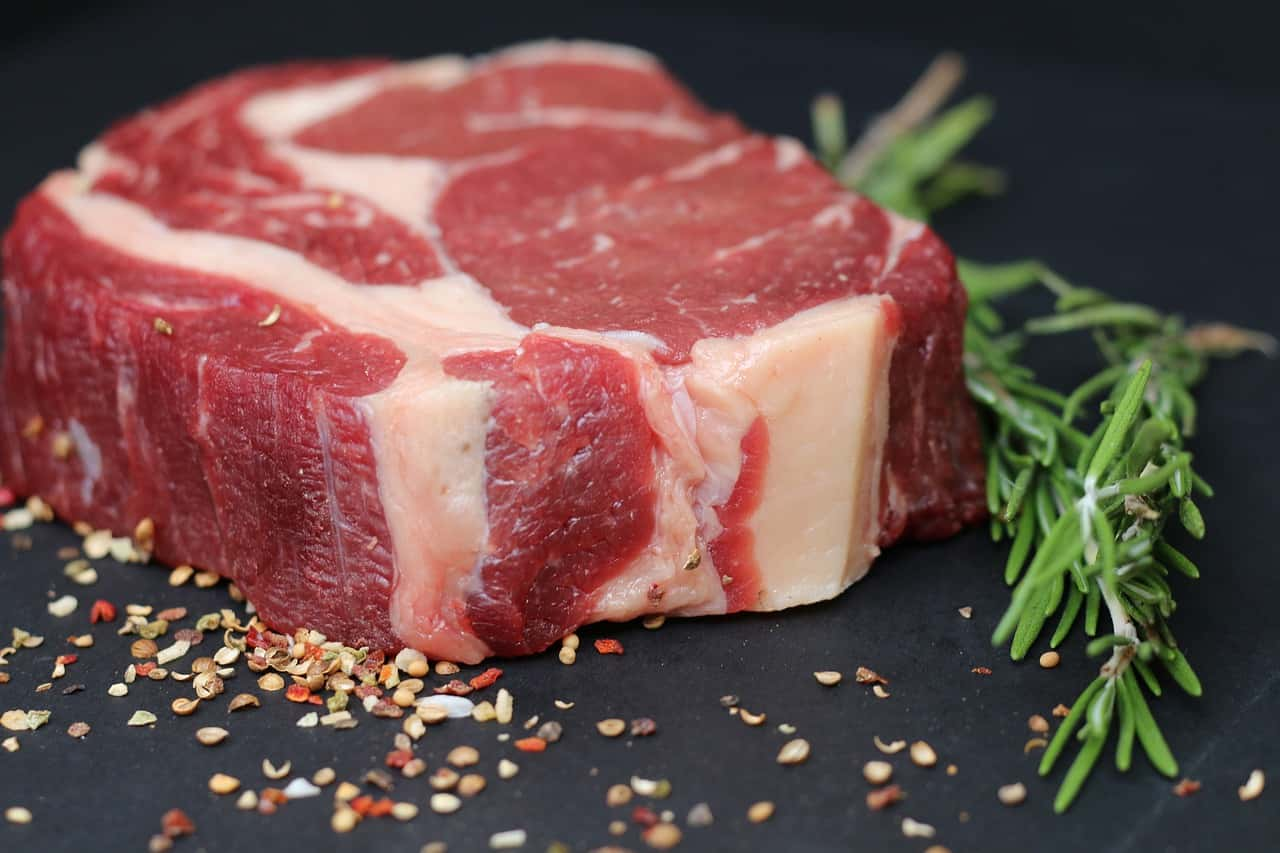This week the Dietary Guidelines Advisory Committee offered a new report on its recommendations to the USDA and the Department of Health and Human Services, as the agencies work to craft federal dietary guidelines for Americans through 2030.
In its new recommendations the advisory committee suggested plant proteins should replace animal proteins in American’s diets.
Livestock groups representing farmers and ranchers have been extremely critical of this suggestion. National Pork Producers Council CEO Bryan Humphreys said the committee’s recommendation to replace animal proteins will severely compromise the American diet, as plant proteins are not nearly as nutritionally rich.
The committee recommends moving beans, peas, and lentils from the vegetable group to the protein group. The Pork Producers Council said that would deceive Americans because there are essential nutrients in animal proteins that plant proteins don’t contain. This also puts at risk infants, young children, adolescent girls, pregnant and lactating women, and older adults that require higher amounts of protein and nutrients, which are provided by animal-based proteins.
The National Cattlemen’s Beef Association was even more critical of the Dietary Committee’s recommendations. NCBA’s Vice President of Government Affairs Ethan Lane said the preview meeting of the Dietary Guidelines Advisory Committee stands out as one of the most out-of-touch, impractical and elitist conversations in the history of this process.
Lane continued, “After 22 months of public discussion and lip service to transparency, we are disappointed by the number of chaotic new directions that were proposed at the literal last minute. We would laugh at the suggestion that beans, peas, and lentils are going to replace lean red meat and fill all the nutrient gaps Americans are facing if it weren’t such a dangerous and deceptive idea.”
NCBA’s Executive Director of Nutrition Science and Registered Dietitian Dr. Shalene McNeil points to historical data to question the new recommendations from the committee.
“We’ve had more than four decades of Dietary Guidelines advice, and during that time red meat consumption has declined, yet obesity and chronic disease is on the rise. 70% of the calories in the U.S. diet are plant based. Now, the committee wants to reduce red meat intake even further, marginalizing the 80% of the population who identify themselves as meat eaters.”
McNeil explains, “Beef contributes only 5% of the calories in the American diet, but more than 5% of essential nutrients like potassium, phosphorous, iron, B6, niacin, protein, zinc, choline, and B12. It’s baffling that we are trying to get Americans to cut out red meat when the evidence indicates nutrient deficiencies and chronic disease are increasing as red meat consumption declines.”
The Dietary Advisory Guidelines Committee will finalize and submit its scientific report to the U.S. Department of Health and Human Services and the U.S. Department of Agriculture, allowing for another opportunity for the public to weigh in prior to releasing the Dietary Guidelines for Americans.
###
NCBA, NPPC


